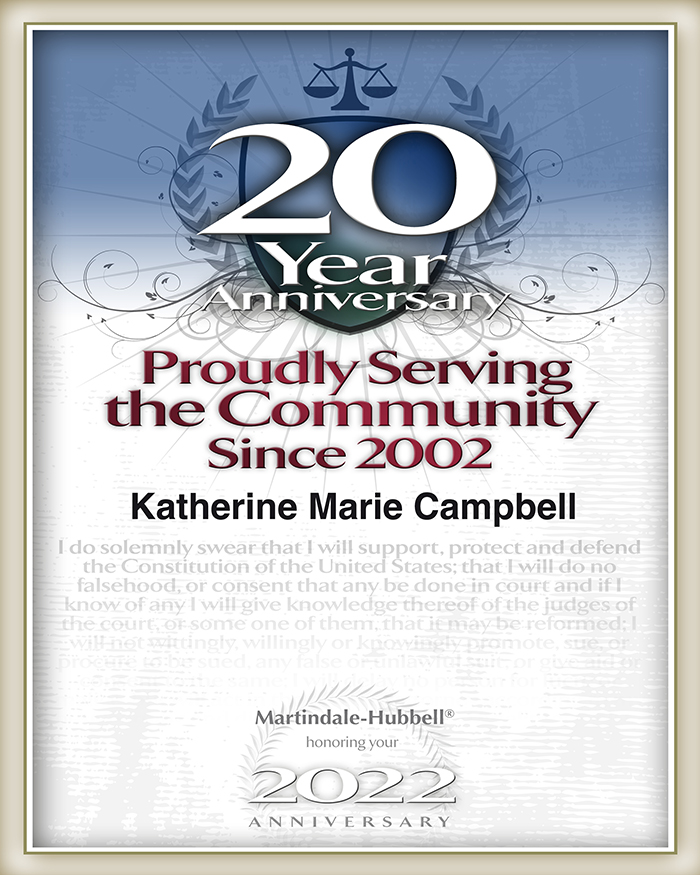Spousal Support Types
Known in other jurisdictions as spousal maintenance or alimony, in California there are two types of spousal support: Temporary and Long-Term. Temporary Spousal Support is usually support paid by the higher earning spouse to the lesser earning spouse while the dissolution proceeding is pending. Once the dissolution proceeding is finalized, if appropriate, the judgment may include spousal support for a longer duration, known as Long-Term support.
Long-Term Spousal Support
California Family Code 4320 identifies more than a dozen factors that can be included in the Long-Term spousal support discussion. Because it is a complicated area of the law that generally requires a lot of discussion and negotiation even in a collaborative setting, spousal support (called income sharing in out of court processes) is an area that usually requires the help of a divorce professional. Working out what each party believes is an appropriate amount based on wages or regular income is a challenge. When you add in variable income from RSUs, bonuses, or self-employment income the difficulties can rise. Other questions also must be answered: How long will the support be paid? Should it be a lump sum buyout or paid over time? Should there be a reduction over time? Will there be a cap? Because these questions generate emotional and highly charged conversations it is important to get professional assistance in determining spousal support.
Why Spousal Support
Part of the California Spousal Support policy dates back to the 1970s, when we shifted from fault to no-fault divorce. There was a recognition that regardless of why the marriage broke up, the stay-at-home parent was left in a dire financial situation that complicated getting on their own two feet after the marriage was over. To address this California uses spousal support and the focus on the marital standard of living to help bridge finances, with a goal of both parties becoming fully self-supporting.
Support Duration
California requires that each spouse make every effort to become self-supporting post-marriage. While you may have an obligation to pay support, it’s not an ongoing, endless obligation. It can be terminated if the other spouse or parent isn’t doing what he or she needs to do to become self-supporting.
In a Collaborative Divorce and in Mediation, the conversation goes beyond simply numbers and looks into how both parties’ financial needs can be met post-divorce through income-sharing. That conversation can also include concrete steps to give both spouses more predictability and certainty in their future finances.

Get in Touch
Main Office
1901 South Bascom Ave, Suite 1550
Campbell, CA 95008
Phone
(408) 732-5400
Fax
(408) 732-5401
Kathy@CampbellFamilyLaw.com

